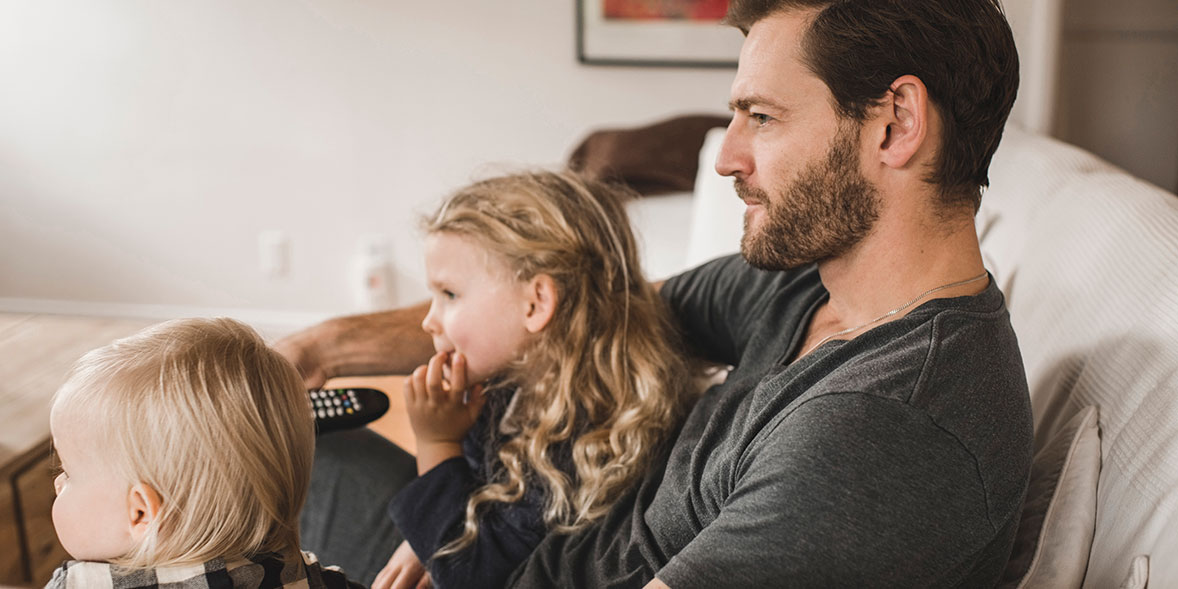
Make money make sense
Make every penny count with expert, impartial advice for just £49 a year – plus, get a £10 M&S voucher.
Join Which? MoneyJoin by midnight on 15 February 2026 and receive a £10 M&S gift card.

Bereavement support payments (BSPs) are being extended to cover cohabitees with dependent children – rather than just spouses.
The sum of almost £10,000 will benefit unmarried parents going forward, and will retrospectively apply to many unmarried parents who previously missed out because they weren't married, following a vote in the House of Commons. All retrospective claims must be made by February 2024.
This comes after Which? recently found thousands of people have been missing out on these payments, due to strict deadlines and lack of awareness.
Read on to learn more what the bereavement support payment is and how it works, and why it's been overhauled to cover more families.
BSP was introduced in 2017, and offers financial help to spouses and civil partners after the death of their partner. To be eligible, the surviving partner must be under state pension age.
In addition, the deceased partner must have paid National Insurance contributions for at least 25 weeks in one tax year since 6 April 1975, or died because of an accident at work or a disease caused by their work.
BSP claims must be made within three months of the death to get the full amount. You can claim up to 21 months afterwards, but the monthly payments will diminish.
Claimants can also get a one-off lump sum of £2,500 (£3,500 if you get child benefit), and up to 18 monthly payments of £100 (£350 for child benefit recipients).
The total sum of the payments is £9,800. This figure hasn’t risen since it was introduced in April 2017, meaning the value of the payment has fallen by 18.7% in real terms, according to figures from the Childhood Bereavement Network.
BSP was expanded to allow cohabiting couples with dependant children to apply on 9 February 2023.
Find out more about bereavement benefits

Make every penny count with expert, impartial advice for just £49 a year – plus, get a £10 M&S voucher.
Join Which? MoneyJoin by midnight on 15 February 2026 and receive a £10 M&S gift card.

In 2018 the Supreme Court ruled that the exclusion of unmarried partners with dependent children from BSP was incompatible with the European Convention on Human Rights (ECHR).
The government introduced a Remedial Order in October 2022. This is an order made by a minister under the Human Rights Act to amend legislation that has been found incompatible with the ECHR.
The Remedial Order was approved by Parliament and came into force on 9 February 2023, with eligibility for BSP and its predecessor Widowed Parent's Allowance backdated to 30 August 2018.
If your partner died on or after 6 April 2017, you may be eligible to make a retrospective claim for BSP under the extended circumstances - but there's only a 12-month window (February 2023-24) to do so.
According to the eligibility criteria on gov.uk, to make a retrospective claim you must:
You must also have been either getting or entitled to child benefit, or pregnant, when they passed away to claim up to £9,800.
If you were bereaved before 6 April 2017, however, you may be able to claim Widowed Parent's Allowance instead, as long as you still met the criteria for it on 30 August 2018.
The Childhood Bereavement Network estimates there are 21,000 families who have missed out on BSP or WPA, some of them bereaved as far back as 2001.
It's not just unmarried parents who've been missing out on BSP – those who have been eligible to claim since the payment first launched are also missing out.
The Department for Work and Pensions (DWP) has estimated that, as of 2018, around 84% of people eligible for BSP claimed it. However, the DWP admits this is a rough estimate, formed by looking at the number of married people who died while under the state pension age, and comparing it to the number of claims for BSP.
In a recent Which? investigation, people we spoke to had missed out on hundreds of pounds in BSP payments, due to lack of awareness and strict rules around the timings for claiming the full amount.

Join us on our weekly audio show for the latest money news and personal finance hacks to help make you better off.
Listen nowThe process of claiming BSP is straightforward. You can go to the government website to apply online – or find details about how to apply over the phone or by post.
You'll need to have some information to hand – including your National Insurance number, your partner's National Insurance number, the date your partner died, and your bank or building society account details for the payments to be sent to.
This article was first published on 27 January. It was updated on 9 February, adding details of how those who are now eligible for BSP can retrospectively apply.